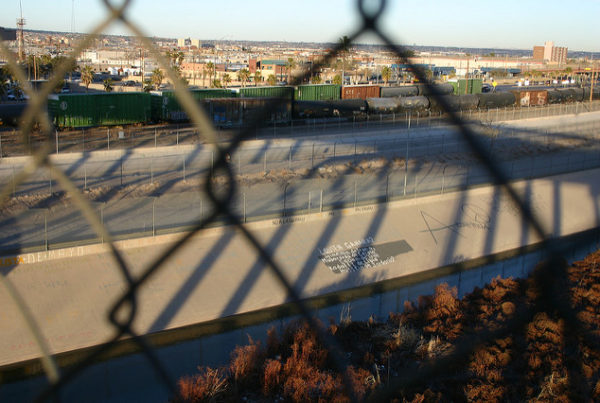For the better part of two years, Texas oil producers have found themselves caught in a storm. The West Texas Intermediate crude oil index price of a barrel dipped below $30 earlier this year, forcing producers to slash expenses just to survive. The gale was caused in large part by OPEC, the group of 14 oil-producing countries that flooded the market and drove prices down.
But now it looks like there might be some sun peeking from behind the clouds. Wednesday, news broke that OPEC members are close to a deal that would cut production across OPEC countries by 1.2 million barrels per day, bringing production down to 32.5 million barrels per day. It would raise prices across all OPEC countries. And that’s good news for Texas producers who were able to weather the storm.
Matt Smith is an energy analyst for ClipperData and a contributor to the Houston Chronicle’s FuelFix blog. Earlier this year, the Standard talked to Smith about the possibility of OPEC cutting production, he said not to hold our breath. He says he’s surprised by the new announcement.
“We’re not done yet,” he says. “We’re not out of the woods, but it would seem that there could be some sort of production coming.”
Smith says OPEC’s recent strategy to flood the market wasn’t working.
“The U.S. shale production market has really just been staunch – it has hunkered down and it has really managed to survive these lower prices,” he says. “We’ve seen production costs across the various different shale plays basically halve over the past couple of years. And so because of that, we’re actually seeing U.S. production turning a corner, starting to increase. And the tactic from OPEC of trying to keep prices lower and push out that production just hasn’t worked.”
What you’ll hear in this segment:
– What’s happening with oil production in Texas
– What will happen if this production cut comes through
– How the market prices are fluctuating and what that means for Texas
















